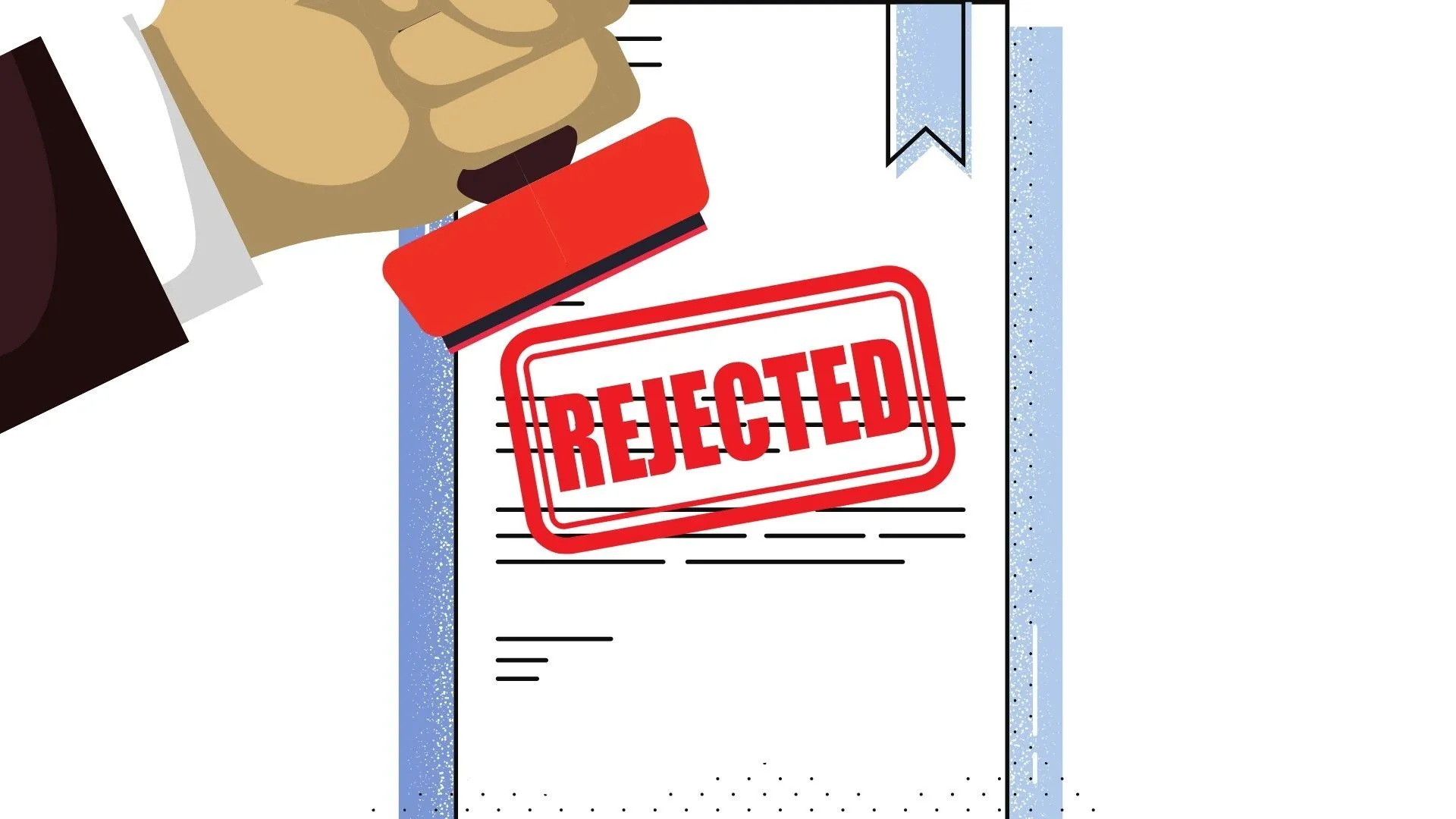Courts Typically on Review ERISA Denials for an Abuse of Discretion

A Hypothetical Scenario…
A potential client comes to your office and she says, “I was working for a large corporation that offered me a disability benefit plan. I have been paying for that plan for 15 years, and a few months ago I was diagnosed with MS and now I can’t work. I applied for my benefits and the insurance company underwriting the plan for my company denied my claim. I want to take my case to court and let a judge or a jury decide if I am disabled, not the insurance company that would have to pay my disability benefits.” As you will have to explain to your potential client, “that’s just not the way the system is set up.”
The Reality
Putting aside the administrative remedies that your potential client must exhaust before repairing to the federal courts, and putting aside the fact that your potential client has no right to a trial either before a judge or a jury when she gets to court, you will have to explain to your client that she likely is not entitled to have a judge decide whether or not she is eligible for disability benefits. ERISA does not set out the appropriate standard of review for actions under § 1132(a)(1)(B) challenging benefit eligibility determinations. Firestone Tire and Rubber v. Bruch, 109 S.Ct. 948, 952 (1989). Addressing that statutory gap, the Supreme Court in Firestone held that, “[c]onsistent with established principles of trust law…a denial of benefits challenged under § 1132(a)(1)(B) is to be reviewed under a de novo standard unless the benefit plan gives the administrator or fiduciary discretionary authority to determine eligibility for benefits or to construe the terms of the plan.” Id. at 956-957.
Nearly 25 years after that decision, you can guess how many ERISA benefit plans do not grant themselves the discretionary authority contemplated in Firestone. So, potential clients have no right to have courts review ERISA denials to determine whether, in fact, they are disabled and thus eligible for benefits, or not. Instead, based on trust principles, where an ERISA plan confers discretionary authority on the trustee (the plan administrator), the courts review ERISA denials only for an abuse of that discretion. Id. at 954, citing Restatement (Second) of Trusts § 187 (1959) and G. Bogert & G. Bogert, Law of Trusts and Trustees § 560 pp. 193-208 (2d rev. ed. 1980). Having been denied disability benefits by an insurance company or self-funded employer that would be obligated to pay the benefits, having exhausted administrative remedies and sought justice in the federal courts, having been denied the basic mechanisms of judicial justice, including discovery and a trial, your potential client can only prevail before a judge if she proves that her plan administrator abused its discretion in denying her benefits.
Calendar ALL LTD Deadlines
Eleven Ways to Assure the Success of a Disability Claim,…
Reviewing Your LTD Policy
Eleven Ways to Assure the Success of a Disability Claim,…
ERISA Insurers Acting Badly
Eleven Ways to Assure the Success of a Disability Claim,…

